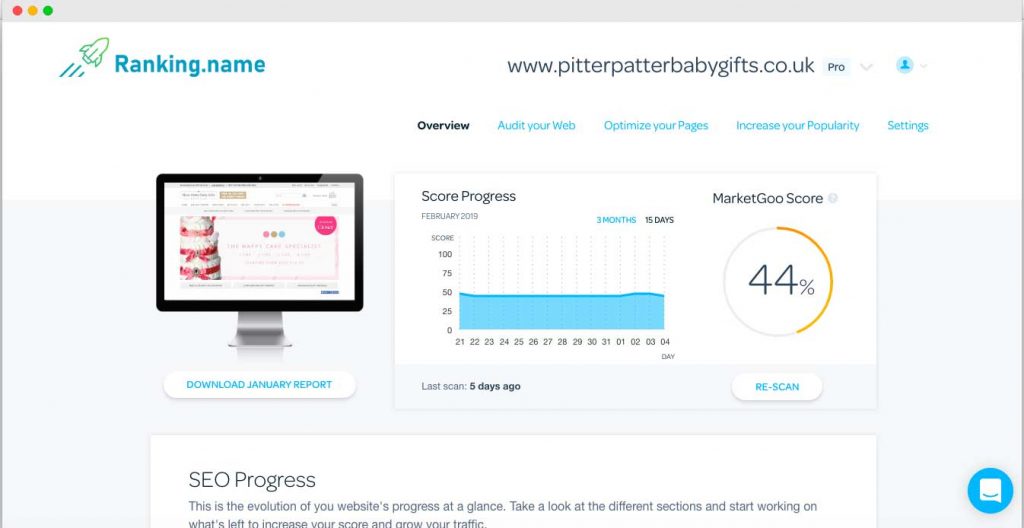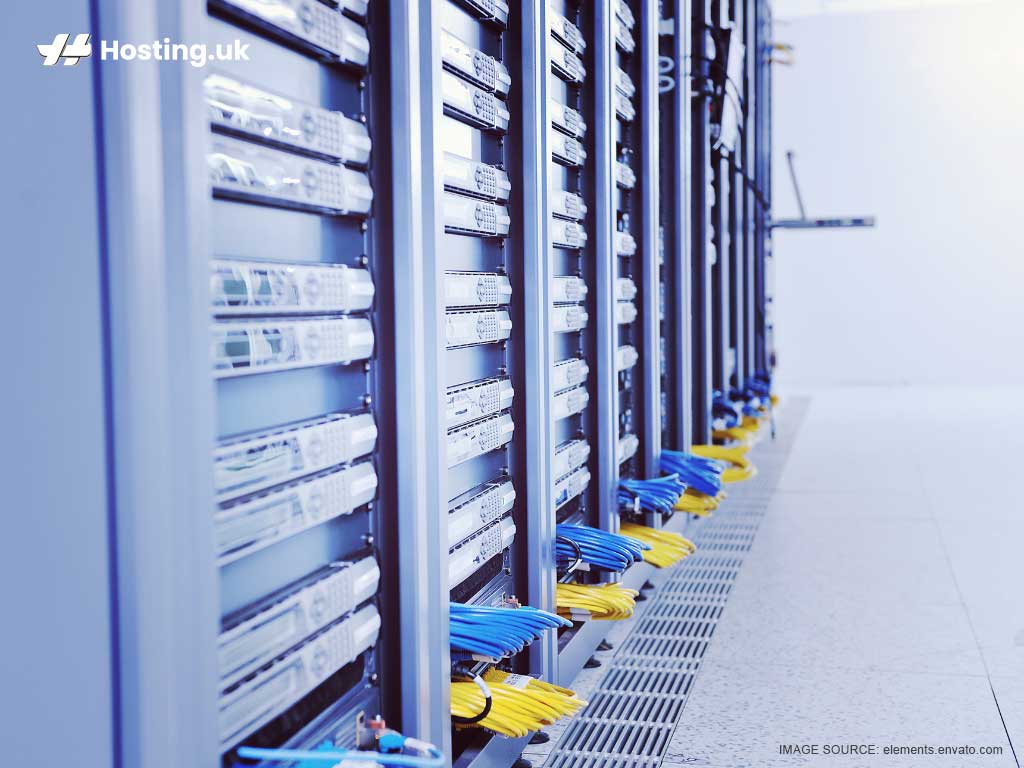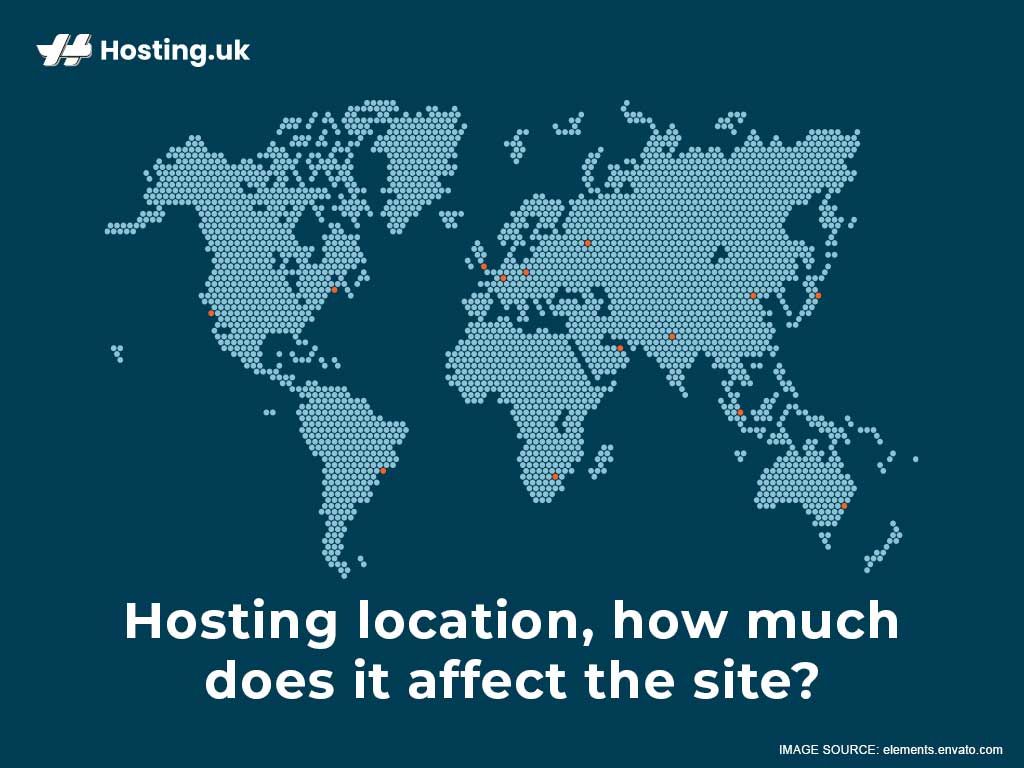Many factors are dependent on the SEO ranking of your website. Keyword distribution, content, and backlinks are some of the focus factors that are used. Other factors that may be focused on are the response time and speed of the website. Compliance, page loading times, and SEO ranking can be affected by the hosting location. How the hosting location affects the website will be discussed in this article.
Table of Contents
What Does Web Hosting Location Mean?
First of all, hosting location is also known as the server location. It is the data center’s physical location in which the website is being hosted. The area can be anywhere around the world; hence some consideration needs to be checked. The target audience destination is among the consideration you need to check when selecting a web hosting provider.
The server that is close to your target audience is the best choice because the availability and speed are affected by the server location. Via networks, the data is passed to the user’s computer from the data center once they click your website. Choosing the server location wisely is the best because the information is transferred using the shortest latency and fastest network paths.
Effects Of Server Location

1. Website speed
The speed of your website is determined by the physical location of the server hosting your site. Data transfer may experience delays when the server is far away from you; hence site latency is witnessed by the users. Data is transferred within the fastest response time when the target customers are close to the server because the transfer is done over a shorter distance. Your audience needs to be a factor when choosing the data center region to provide localized hosting.
If the loading speed is longer than 3 seconds, the user abandonment rate is higher, as has been noted by google research. The fraction of the users who leave the website delays is 53%, affecting your revenue due to latency. SEO ranking is also determined by speed; hence, you need to choose a host near your customer to increase the speed.
The speed of your website may be slow due to the mass hosting because most people choose the host by name or recommendation.
2. SEO Rankings

When a user leaves the website page quickly just after landing, another request is known as the bounce rate. The bounce rates are reduced by the website speed. A higher bounce rate is brought about by slow site.
When the load page time changes from 1 to 3 seconds, there may be an increase of 32% bounce rate.
The user experience may also be improved by the speed of the website hence a fast-loading site will make the dwelling time high. When updated content is discovered by search engines, it is known as crawling. Search engines crawl easily when your website is loading fast. Changed existing content, site, or new web pages are the contents that can be crawled.
For ranking and indexing, your website needs to be crawled regularly by bots and website crawlers.
The server location and the speed are the factors that are linked to the SEO ranking of your website.
The region of your target audience is allowed by search engines hence ensuring that you use correct keywords. Your website loading speed time is made fast by selecting the best server location.
For example, your ranking may drop if you are using the .com domain instead of hosting UK because they may shift to higher rankings or be held back in the united states. Because of that reason, you need to choose a hosting UK domain to ensure higher rankings.
3. Legal compliance
Legal implications are experienced when you choose a server in a different region to host your site. In those regions, before storing your data, some compliance and regulations need to be adhered to and abide by. In some countries, the server host may also be restricting you from storing sensitive user data. You may face financial repercussions if you do not adhere to or abide by their regulations.
Before choosing a server, you need to understand the data laws as there are differences in each region. The SEO rankings of the website may drop in case the user is not able to access the site. For a trusted and reliable SEO tool, go here.
How To Check Website Hosting Location

The standards that are used by search engines to rank your website are different. Usability and relevance, location, settings, and source expertise are some factors that Search engines like google use to rank. In each country, the most relevant result is returned to the user; hence, location is always a factor in the results returned. Geo-targeting with a more globalized approach has been used by search engines like Bing and Google. Webmaster tools can be used to set target audience countries by companies using overseas hosts.
Backlinks, content, and server IP address are some other methods used by the search engine if the target country is not seen. Country-code top-level domain ccTLD is now used by Google to check the co location hosting. The physical distance between the user and the host is reduced by Content Delivery Network (CDN); hence latency is minimized. In different geographical locations, the website content is stored in cache form by CDN.
Conclusion
Your SEO ranking and speed of your website are affected by the co-location hosting; hence you need to choose a server closer to the target audience. Your website tends to be slow if the target is far from the host location. To have better server infrastructures and save on the cost, most companies choose the host that is overseas. These benefits are only enjoyed for a short while even though they look like the best option. For your speed, you need to choose a hosting UK provider to ensure a high ranking. You need to be very keen when choosing your server location to ensure that your revenue is not affected.
